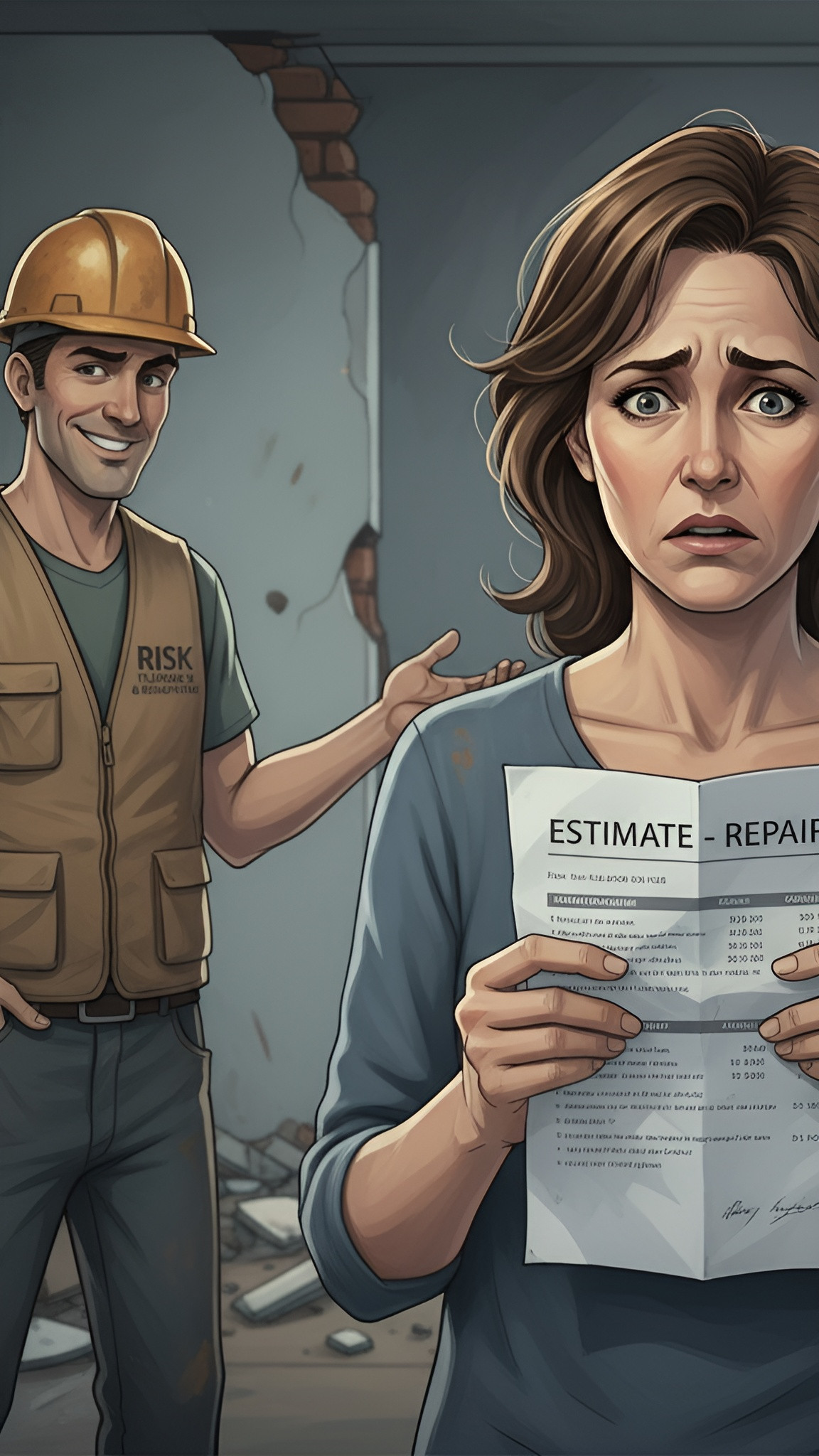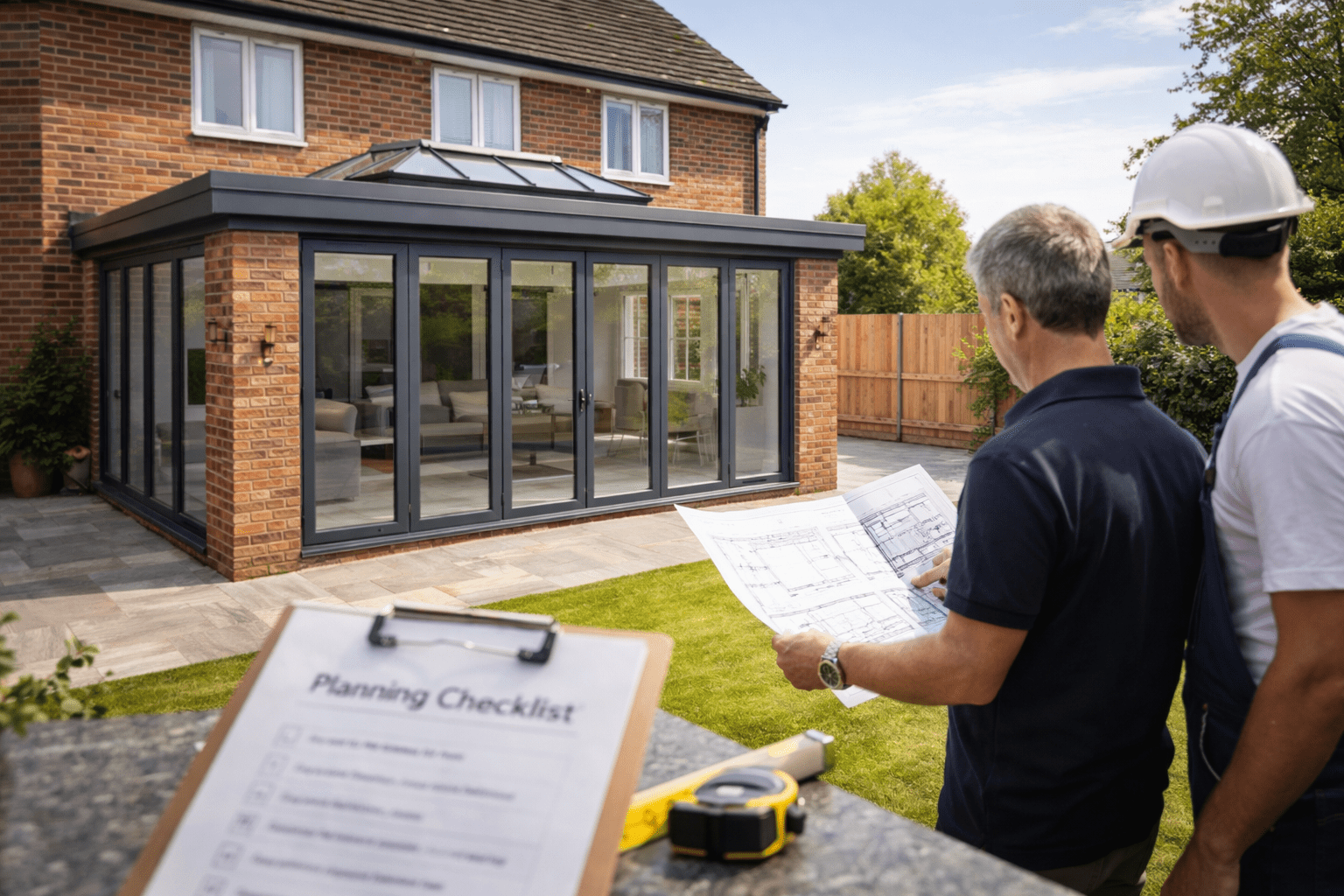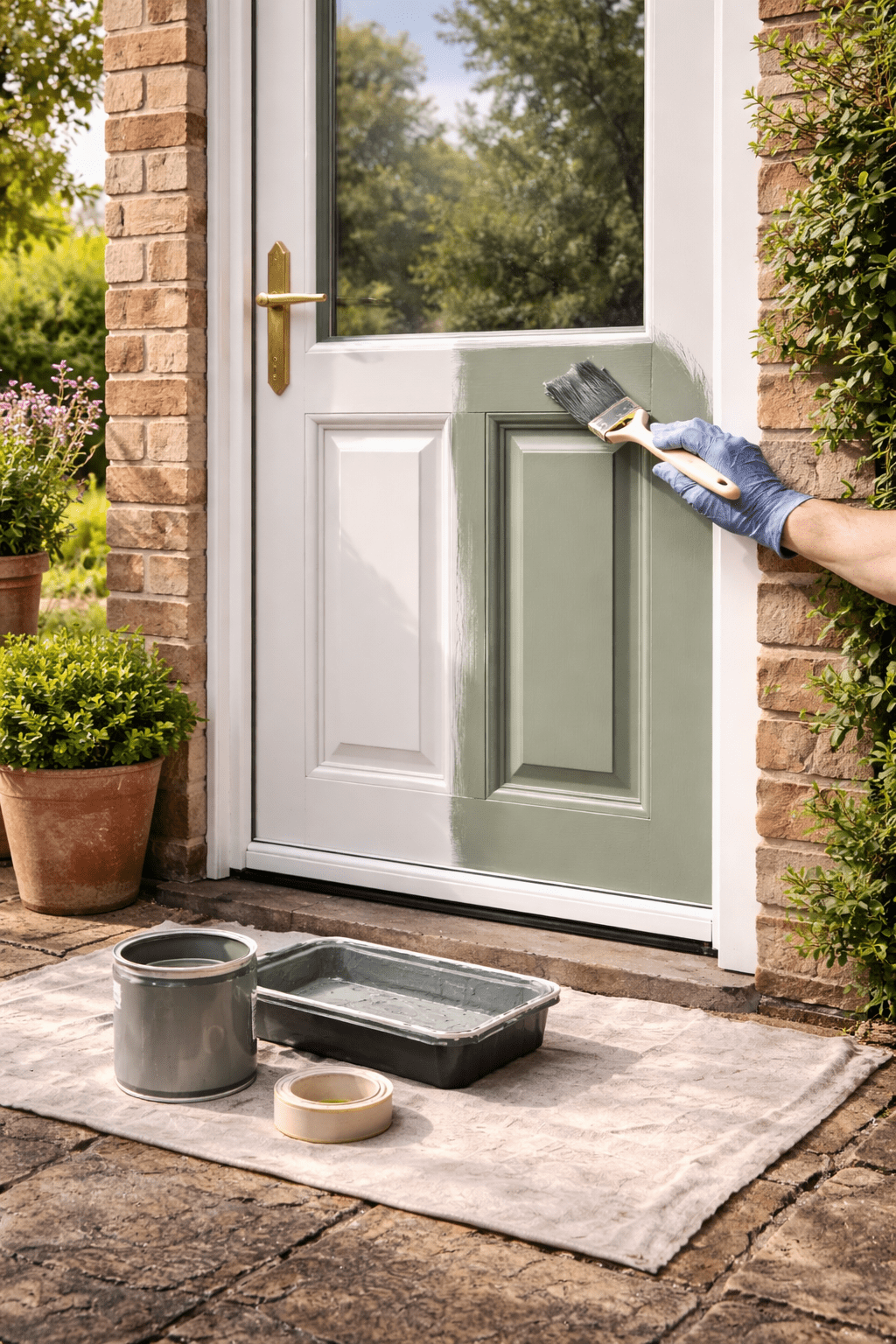Investing in double glazing is one of the best ways to make your home warmer, quieter, and more energy efficient. But unfortunately, the industry has its fair share of rogue traders and pushy sales tactics. Falling for a double glazing scam can leave you with poor-quality windows, over-inflated prices, or even unfinished work.
In this article, we’ll reveal the 7 most common red flags of double glazing scams, and give you practical tips to protect yourself and your home.
1. High-Pressure Sales Tactics
If a salesperson is trying to get you to sign on the spot with “today only” offers, take a step back. Legitimate companies will give you time to think about their quote and will never pressure you into a same-day decision.
Tip: Always get at least 2–3 quotes from different installers and compare them calmly.
2. Prices That Are “Too Good to Be True”
Bargain-basement prices often mean poor materials or hidden fees later on. Some rogue companies lure you in with a cheap quote, then charge extra for “necessary upgrades” once work has begun.
Tip: Check exactly what’s included in your quote — frames, glass type, installation, and aftercare — so you can make a fair comparison.
3. No Written Contract or Paperwork
If a company is reluctant to provide written terms, a clear contract, or proof of warranty, this is a major warning sign. Paperwork protects both sides and outlines what work is being done and when.
Tip: Always get a written agreement and keep copies of all correspondence.
4. Poor Online Presence or No Reviews
Trustworthy double glazing companies will have a professional website, real customer reviews, and a presence on trade directories. If you can’t find any information about the business online, or only see generic stock photos and fake-looking testimonials, be cautious.
Tip: Look for independent reviews on sites like Trustpilot, Google Reviews, or Checkatrade before committing.
5. Lack of Certifications
A reliable installer will usually be registered with FENSA, SBD, BBA and BFRC or another industry-recognised body. These certifications mean your installation will meet building regulations and you’ll get a certificate for future property sales.
Tip: Ask for proof of registration and verify it on the official FENSA or Certass website.
6. No Physical Address or Landline Number
If the company only gives you a mobile number or a vague email address, this could be a fly-by-night operation. You need to know where to reach them if something goes wrong after installation.
Tip: Check the company has a real business address, ideally within reasonable distance from your home.
7. Big Upfront Payments
Some scammers demand most of the payment before starting work, then disappear or deliver substandard results. While deposits are normal, you should never have to pay 80–100% before the job is complete.
Tip: A typical deposit is around 10–20% upfront, with the balance paid after work is finished and inspected.
How to Protect Yourself From Double Glazing Scams
Spotting the red flags is only half the battle — here are extra steps to make sure you hire a trustworthy installer:
Get Multiple Quotes
Always compare at least three quotes to get a feel for market rates. This prevents you from being overcharged and helps you spot unrealistic offers.
Ask the Right Questions
Before signing anything, ask:
-
How long will the installation take?
-
What guarantee do you offer?
-
Can I see examples of recent work?
Use Reputable Sources
Consider finding installers through trusted directories or comparison websites. For example, at BestPriceValue.com with our experience help you to match with the most reliable window installers in your area, saving you time and reducing the risk of scams.
Final Thoughts
Double glazing is an excellent investment, but only if you choose the right installer. By learning to recognise the signs of double glazing scams, you can protect your money, your home, and your peace of mind.
Ready to start your project? Use Bestpricevalue.com to find vetted, certified installers who offer fair pricing and guaranteed quality.


